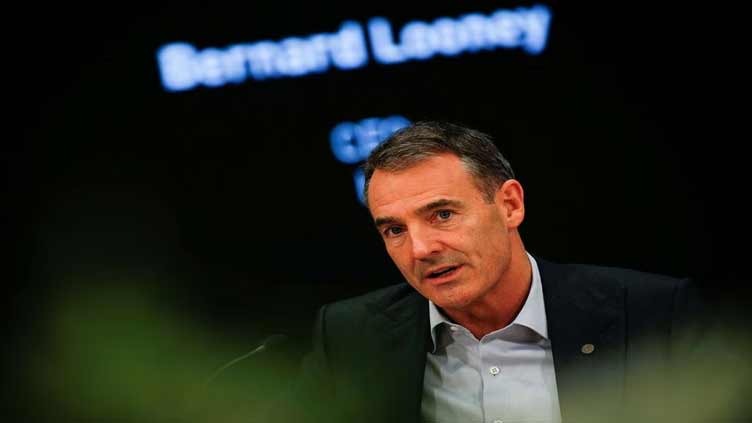BP, CEO Bernard Looney resigned on Tuesday with immediate effect after less than four years in the oil major’s top job for failing to fully disclose details of past personal relationships with colleagues, the company said.
Chief Financial Officer Murray Auchincloss will act as CEO on an interim basis, the company said.
Looney, 53, became CEO in February 2020 with a vow to reinvent the 114-year-old company, laying out ambitious plans for the British energy giant to achieve zero net emissions by 2050, and to invest billions in renewable and low-carbon power.
Looney’s surprise resignation came after allegations of personal relationships with company colleagues surfaced recently, prompting the company to launch an investigation.
That followed similar allegations the board investigated in May 2022. During that review, Looney disclosed “a small number of historical relationships with colleagues prior to becoming CEO.”
No breach of the company’s code of conduct was found at the time and the board was given assurances by Looney “regarding disclosure of past personal relationships, as well as his future behaviour.”
Looney informed BP’s board on Tuesday that he did not fully disclose details of all relationships, prompting his resignation.
BP shares in London ended up 1% before the FT reported Looney’s resignation. Its New York-listed shares fell 1.5% to the day’s lows after the news.
REINVENTING BP
Auchincloss 52, became CFO in July 2020 and has helped Looney steer the company through some of the most tumultuous years in modern history, from COVID-19 to a rapid exit from Russia following the invasion of Ukraine last year, an energy price shock, and a global cost of living crisis.
Auchincloss, a Canadian national, started his career as a financial analyst in Amoco, before BP acquired the company in 1998. Since then he has held several roles including CFO of BP’s North American Gas business.
Earlier this year, BP scaled back plans to cut hydrocarbon production by 2030, to 25% from 2019 levels from 40% previously – still the most radical reduction of oil and gas output this decade among major oil companies.
BP has struggled to convince investors it can realise competitive returns from its non-hydrocarbon businesses.
Over the last three years, BP’s shares have underperformed those of European rival Shell (SHEL.L) as well as U.S. peers Chevron (CVX.N) and Exxon Mobil (XOM.N).
After raking in a record profit of $28 billion for 2022, BP’s second-quarter profit slumped 70% from a year earlier to $2.6 billion but still allowing the oil major to boost its dividend by 10%.
It remained unclear if Looney’s departure would lead to an change in strategy.
“Depending on the new CEO, BP could theoretically roll back its transition plans further,” Morningstar analysts said in a note.
“But if the board likes the current direction, regardless of the lagging stock price, they will likely bring in someone who keeps BP on the same path.”
Looney’s 2022 pay packet more than doubled to around $12 million on the back of the bumper profits amid spiraling energy prices, while BP’s emissions were broadly unchanged from a year earlier.
BP said that “no decisions have yet been made in respect of any remuneration payments to be made” to Looney.
Looney replaced Bob Dudley, who had steered BP through the aftermath of the Deepwater Horizon spill in 2010.
Post Views: 71


 Sports3 months ago
Sports3 months ago
 Fashion2 months ago
Fashion2 months ago
 Sports3 months ago
Sports3 months ago
 pakistan3 months ago
pakistan3 months ago
 pakistan3 months ago
pakistan3 months ago
 World2 months ago
World2 months ago
 World2 months ago
World2 months ago
 Sports2 months ago
Sports2 months ago



















